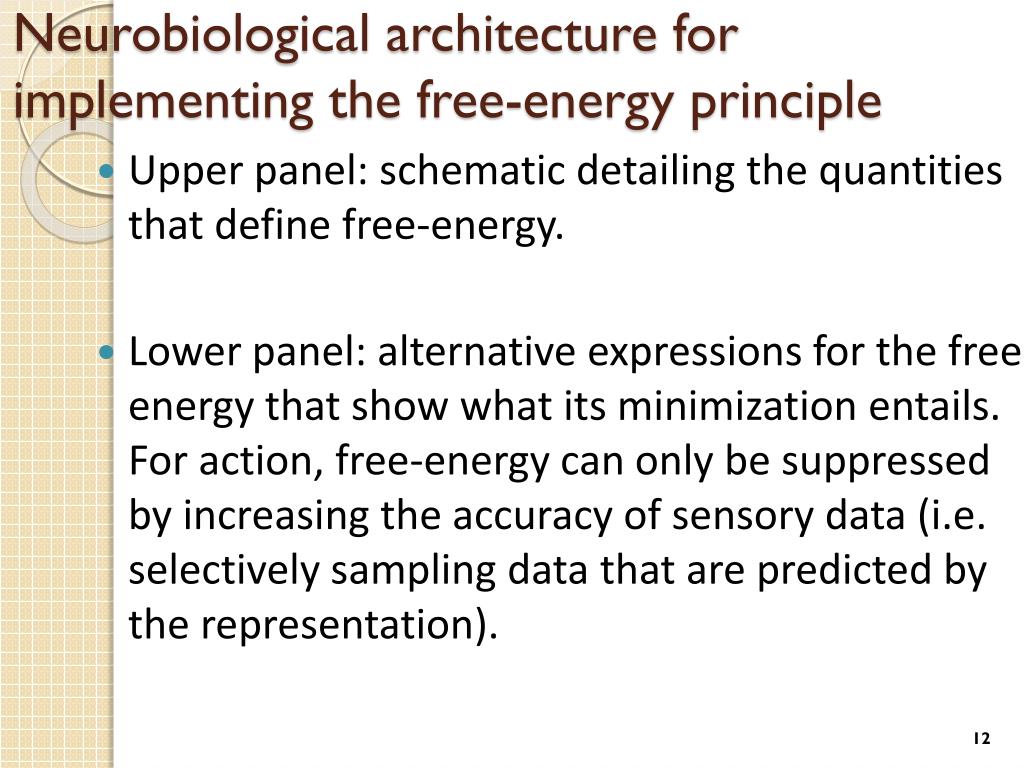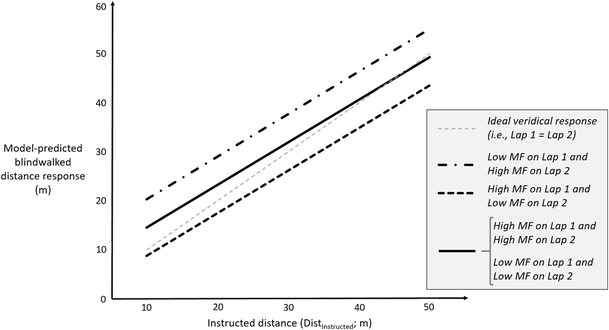
Although it should be noted that it does not prove the contrary either, but does make it unlikely.įrom a scientific stand point, I see no reason why the claim of these experiences is not testable, (in a similar way to telekinesis has (probably) been tested), although I cant think of a way in which it could be tested.
Veridical perception definition full#
Of course you, with the full set of data know that the data does not show that there is an ability for people to 'read your mind', or that this statistical anomaly occurred. Without knowledge of how you conducted your test in the first place I could conclude (incorrectly) from this data that these 10 people can read your mind (or slightly more correctly that there is a 1 in however many million chance that this data was obtained randomly). I now have a set of data with ~10 people guessing a number between 1 and 10 who are correct 100% of the time, (I have one maybe two trials per person not the 10 you have). Now only record the trials in which the people guessed correctly and give me the data. I wont do it, but if I went down to the hospital and collected a whole lot of data it would likely drown the few events where people predicted correctly because these events are anomalies, which will occur through chance.Ī very simple way of thinking of this is think of an integer between 1 and 10, have 10 people guess the number 10 times, most of the 10 people should guess correctly at some stage just by change. The outcome is unlikely to happen on every occasion, but if we select our data to only contain positive results (as you have done in your question) it becomes very likely, that these events occur every time within our data set, simply because the negative data is not recorded. In your question you state "And if it's true," while the story may be true, it does not rely on any communication (or gain of knowledge) for the outcome. Is there a philosophical, or better yet, scientific explanation, for veridical perception in Near death experiences, or does this convince you that we have a soul and that the supernatural is true?įrom a scientific point of view these types of claims usually scream confirmation bias.Ĭonsider your example of the two sisters in the hospital, if the diabetic had not died this would not have been recorded, and simply dismissed as a dream. And if it's true, it means the mind can and does survive bodily death, which then means there is an afterlife, which thus proves the supernatural/spiritual is true. To my knowledge, there is no natural way to explain this phenomenon. The sister had, in fact, died during the time in question."

The doctor denied it, but when she insisted, he had a nurse check on it. When the woman awoke, she told the doctor that her sister had died while her own resuscitation was taking place. The subject reported having a conversation with her sister as both of them hovered near the ceiling watching the medical team work on her body below. "In another instance a woman with a heart condition was dying at the same time that her sister was in a diabetic coma in another part of the same hospital. She was able to tell her doctor who came in and out, what they said, what they wore, what they did, all of which was true." After the woman was revived, she reported the details to her doctor. But, during her NDE, the woman had regained her sight and she was able to accurately describe the instruments and techniques used during the resuscitation of her body. "An elderly woman had been blind since childhood. Here is an example of one documented by Dr. Veridical perception in near death experiences is when a person acquires verifiable information which they could not have obtained by any natural means.


One of the greatest, if not the greatest piece of evidence that the mind can and does survive bodily death is veridical perception in near death experiences.


 0 kommentar(er)
0 kommentar(er)
